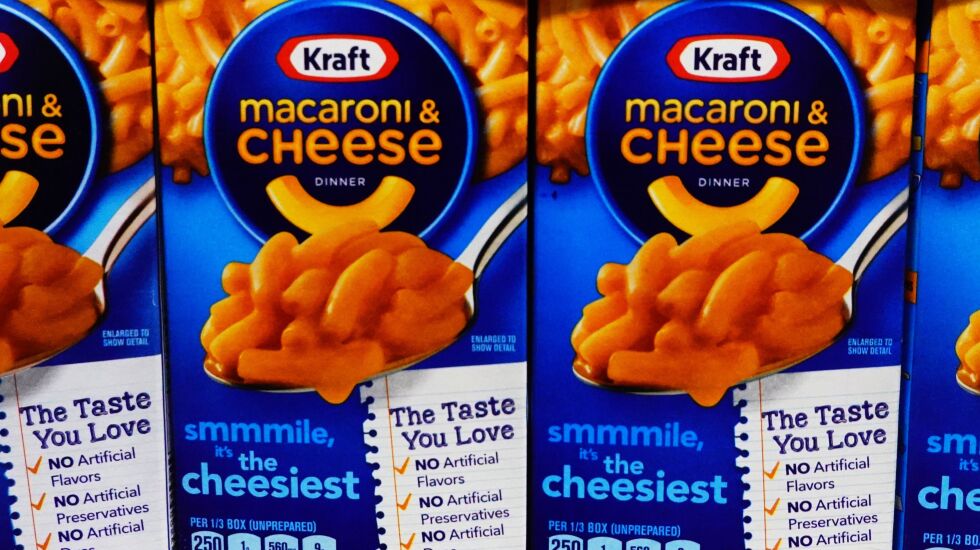
Chicago-based food companies Kraft Heinz and Mondelez International have agreed to jointly pay $16 million to settle long-pending charges that they manipulated wheat prices to their advantage in 2011.
The Commodity Futures Trading Commission, the federal regulator of the agricultural futures market, first filed the charges in 2015. The agency said the companies, which in 2011 were together under the Kraft name, made a $5.4 million profit on illegal trading.
The settlement was approved last week by U.S. District Judge John Robert Blakey. It includes no admission of wrongdoing.
The $16 million penalty was first agreed to in 2019, but the case became complicated when two commissioners of the CFTC issued comments about it in a news release. The companies charged that the comments violated an agreement that all parties would remain silent about the case.
Blakey criticized the CFTC’s conduct and wanted to subpoena the two commissioners, Dan Berkovitz and Rostin Behnam. In 2019, the 7th Circuit Court of Appeals ruled the commissioners were free to comment on a case. Behnam is now chairman of the five-member CFTC and Berkovitz is no longer a commissioner.
The settlement said Mondelez must pay the penalty but that both companies are liable. It’s not known if Kraft and Mondelez have their own agreement to share the cost. Neither company responded to a request for comment.
The CFTC alleged the former Kraft devised a strategy in the late summer 2011 to counteract high prices for cash wheat. It said company purchased 3,000 futures contracts expiring in December 2011, costing about $90 million, sending the market a false signal that they would use the wheat when in fact it was far more than they needed.
The CFTC said the real aim was to profit from trading in futures expiring later than December 2011 and to drive down the price of cash wheat to meet their real needs. It also said they exceeded speculative position limits established by the Chicago Board of Trade.







